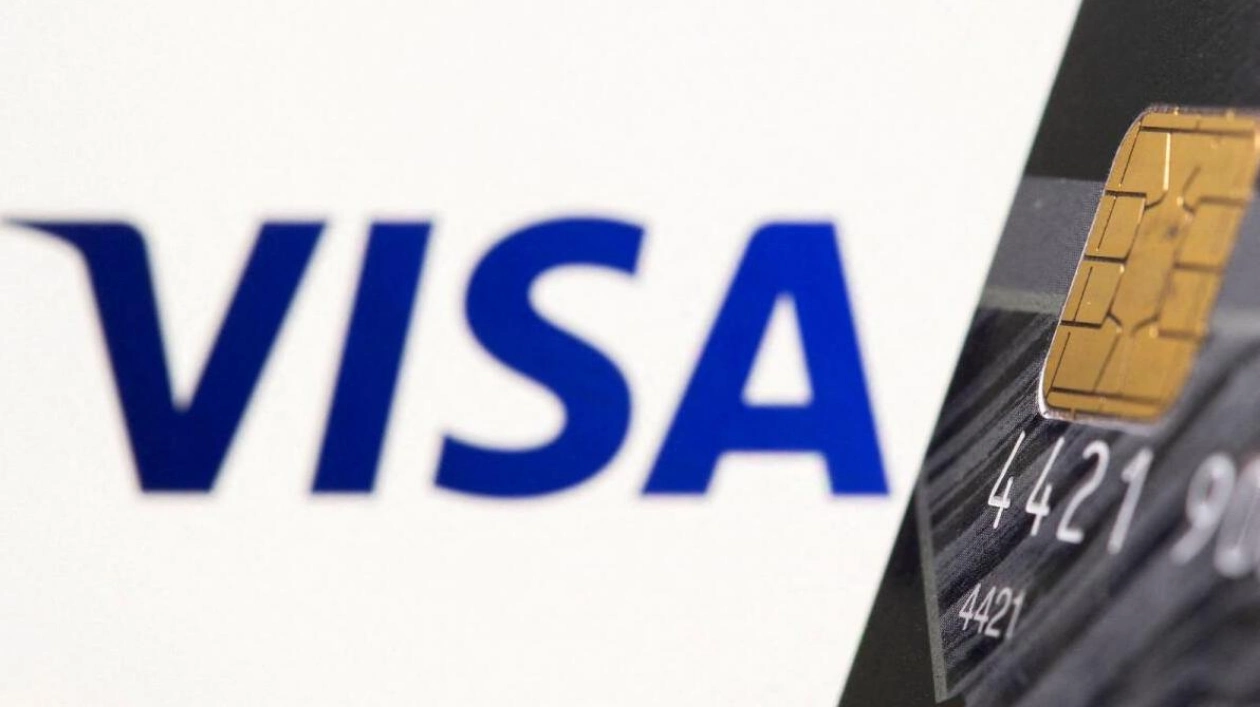The US Department of Justice has filed an antitrust lawsuit against Visa, accusing the company of illegally maintaining a monopoly over debit card networks in the United States. The lawsuit, filed in a federal court in New York, alleges that Visa's practices have led to billions of dollars in additional fees for American consumers and businesses, while stifling innovation in the debit payments ecosystem.
This legal action follows years of investigations by US antitrust authorities into Visa's business practices. Attorney General Merrick Garland stated, "We allege that Visa has unlawfully amassed the power to extract fees that far exceed what it could charge in a competitive market." According to the lawsuit, Visa charges approximately $8 billion in network fees on US debit volume annually, with a global total payment volume of $12.3 trillion.
The Justice Department claims that Visa imposes exclusionary agreements on merchants and banks, penalizing customers who choose to route transactions through different networks or alternative payment systems. It also alleges that Visa has sought to neutralize potential threats from technology companies and fintech startups by entering into partnership agreements rather than allowing them to compete directly. Additionally, Visa is accused of imposing transaction volume commitments that effectively penalize merchants and banks for using competitors, even when those competitors offer lower prices.
Through these tactics, Visa maintains what the Justice Department describes as an "enormous moat" around its business, enabling it to generate substantial profits. Headquartered in San Francisco, Visa reported a global operating income of $18.8 billion and an operating margin of 64 percent in 2022. Its North American operations achieved an 83 percent operating margin in the same year.






